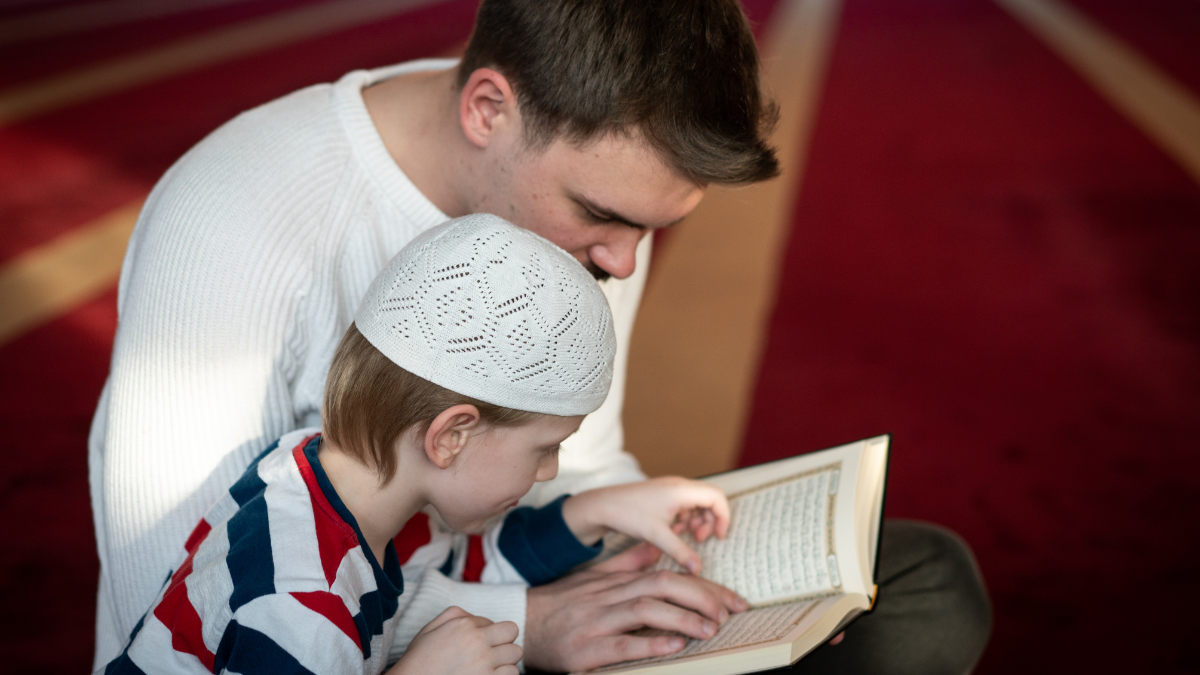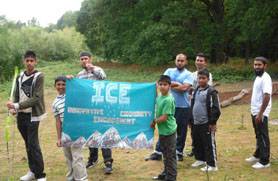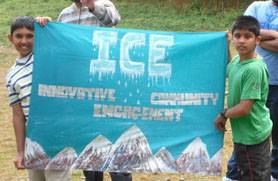In a rapidly changing world, where values often seem to shift and priorities evolve, the importance of Islamic education in shaping the character and faith of young children remains unwavering. Beyond the acquisition of knowledge, Islamic education serves as a means to instill core values, morals, and teachings that lay the foundation for a strong spiritual journey. As parents, educators, and communities, our responsibility to provide a holistic Islamic education has never been more vital.
The early years of a child’s life are formative, marked by rapid cognitive and emotional development. This is the ideal time to introduce them to the teachings of Islam, as their minds are receptive and impressionable. Islamic education during these crucial years helps create a strong foundation upon which a child’s character and faith can flourish.
Islamic education introduces young minds to a set of core values and morals that guide them throughout life. Concepts such as compassion, humility, honesty, and generosity are instilled from a young age, becoming intrinsic aspects of their character. Through stories of the Prophets and exemplary figures in Islam, children learn the significance of these values and their practical application in daily life.
The essence of Islamic education lies in nurturing a deep spiritual connection with Allah. By teaching children the importance of regular prayers, recitation of the Quran, and acts of worship, they develop a strong bond with their Creator. These practices not only enhance their faith but also provide a sense of purpose and mindfulness in their actions.
Role of Parents
Parents are the primary educators in a child’s life, and their role in imparting Islamic education cannot be overstated. Creating a home environment where Islamic values are not just preached, but also practiced, is crucial. Engaging in family prayers, discussing Islamic stories, and addressing questions about faith foster a sense of belonging and understanding within children.
Role of Educators
Educators in Islamic schools and institutions play a pivotal role in shaping young minds. They have the responsibility of presenting Islamic teachings in a relatable and engaging manner, making the learning process enjoyable and meaningful. By promoting critical thinking and open discussions, educators help children internalize the values they are taught.
Community Support
A holistic Islamic education extends beyond the family and school. The wider community, including the mosque and local Islamic organizations, provides additional avenues for learning and growth. Through activities, workshops, and gatherings, children are exposed to different perspectives, experiences, and mentors who contribute to their well-rounded development.
In a world that is becoming increasingly interconnected, preserving one’s Islamic identity can be a challenge. Islamic education equips children with a strong sense of self, helping them navigate the complexities of modern life while staying rooted in their faith. This balance enables them to be proud Muslims who contribute positively to society.
The importance of Islamic education in shaping the character and faith of young children cannot be overstated. It lays the groundwork for a life of purpose, ethics, and spiritual growth. As parents, educators, and community members, our collaborative efforts in providing a holistic Islamic education are essential for the flourishing of the next generation. By instilling core values, morals, and teachings from a young age, we pave the way for resilient individuals who embody the essence of Islam in all aspects of their lives.







 Special Giveaway Opportunity! Plus, score well and you could unlock an exclusive gift from our Academy. Dive in, and may your knowledge shine!
Special Giveaway Opportunity! Plus, score well and you could unlock an exclusive gift from our Academy. Dive in, and may your knowledge shine!

;?>/smartquizbuilder/includes/images/sqb-registration-img.jpg)
